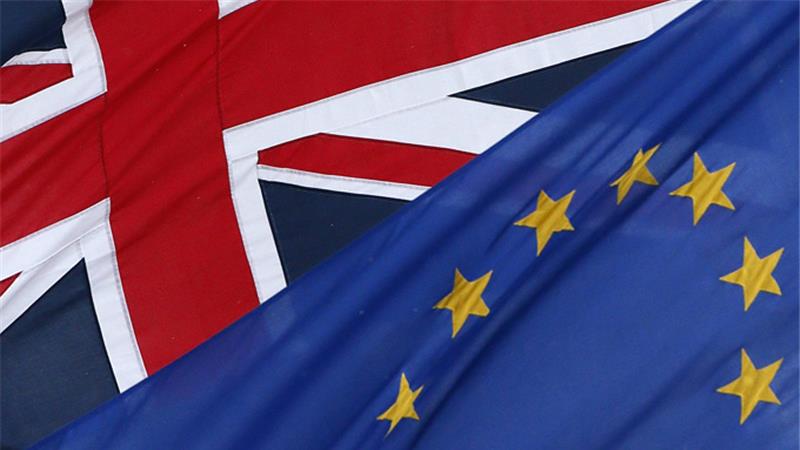Coronavirus: What are the implications on Brexit?
 The coronavirus crisis has had a devastating and crippling impact on all aspects of social, economic and political life around the world and the negotiations between the EU and the UK have also been badly hit.
The coronavirus crisis has had a devastating and crippling impact on all aspects of social, economic and political life around the world and the negotiations between the EU and the UK have also been badly hit.
The crisis has halted the negotiations between the EU and the UK on the future relationship, with a trade deal at its core. However, the transition (or implementation) period ends on 31 December this year. There is increasing pressure on both the EU and the UK to extend the transition period. Many businesses need certainty about this, as they will need to anticipate on what terms they will be trading from next year, and the effects on staff recruitment from the EU.
The legal default is that extension will end on the 31st of December 2020. This will mean that on 1st January 2021:
- The UK will no longer be part of the EU’s internal market (The European Single Market)
- The legal underpinning of all interactions with EU partners and consumers will either be:
- World Trade Organisation Rules (except for Northern Ireland)
- An EU-UK trade deal
- EU nationals coming to the UK to work need to apply for a visa under a points-based immigration system
Will the transition period be extended?
There is a strong possibility that the transition period will be extended to continue the negotiations for a trade deal. There is a widely-held view that delay is inevitable as the coronavirus crisis has made the normal conduct of negotiations impossible. However, a delay would still be controversial and politically unpalatable to some of the key stakeholders in the process.
Nor would an extension to the transition period be straightforward - with two key hurdles to overcome:
- The Government would have to introduce a new law that amends the European Union (Withdrawal Agreement) Act 2020 where it says that the transition period ends 31st December 2020
- The EU-UK Joint Committee must agree on an extension before 1st July 2020
What we know and don't know about an extension of the transition period...
The transition period can be extended once for up to two years and UK and EU businesses will continue to trade on the same terms as now, since the UK will remain part of the EU’s internal market for the duration of the extension. This includes the freedom of movement of people.
Another controversial aspect of an extension is that there will still be requirement for the UK to contribute financially to the EU budget, to the tune of £9.3bn annually at a minimum.
Negotiations will continue on a final trade deal for when the UK will be fully outside the EU’s structures once transition ends. At the moment we really cannot be sure how long an extension would last. It could be a flexible period that lasts until there is a trade deal (maximum of 2 years) or a fixed period.
It is also unclear how an extension of the transition period will sit with the new points-based immigration system, since being part of the EU’s internal market requires the free movement of people.
Key dates...
If an extension is on the cards, the political process for amending the European Union (Withdrawal Agreement) Act 2020 will have to start when Parliament resumes sittings in April. Another key date is the EU-UK conference that will take stock of the negotiations on 18-19 June 2020.
UK Training experts will be closely monitoring the situation. If your business is likely to be impacted by Brexit then I would recommend you attend one of Sietske’s next presentations of Brexit – Preparing for the Future.
Written by Paul Murphy


